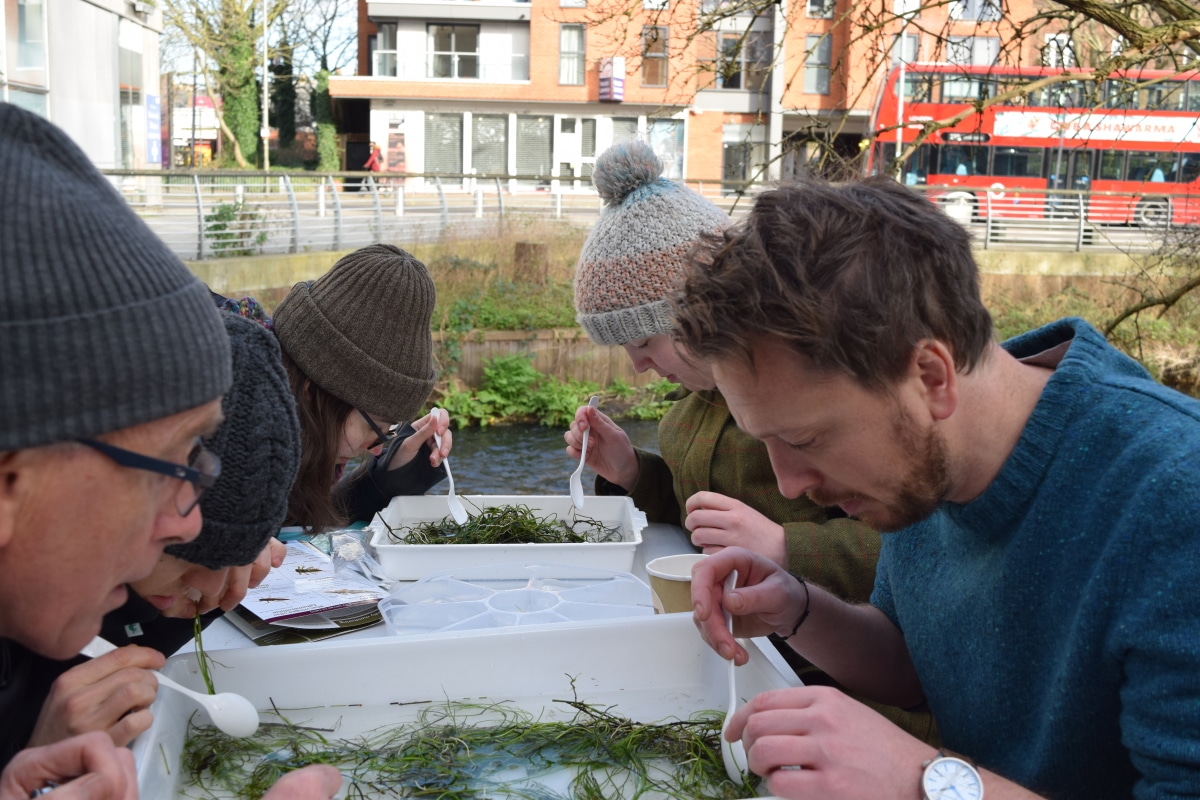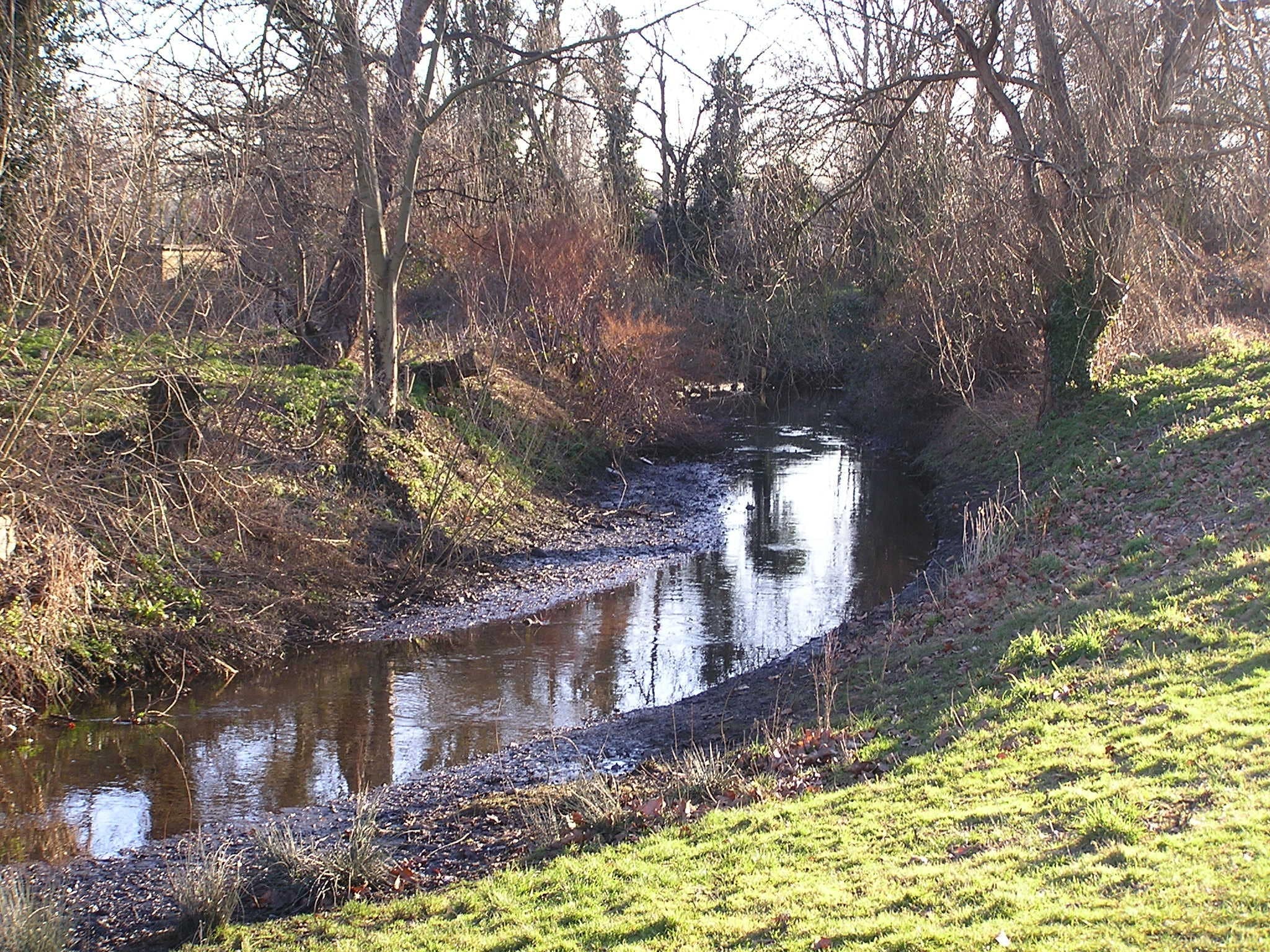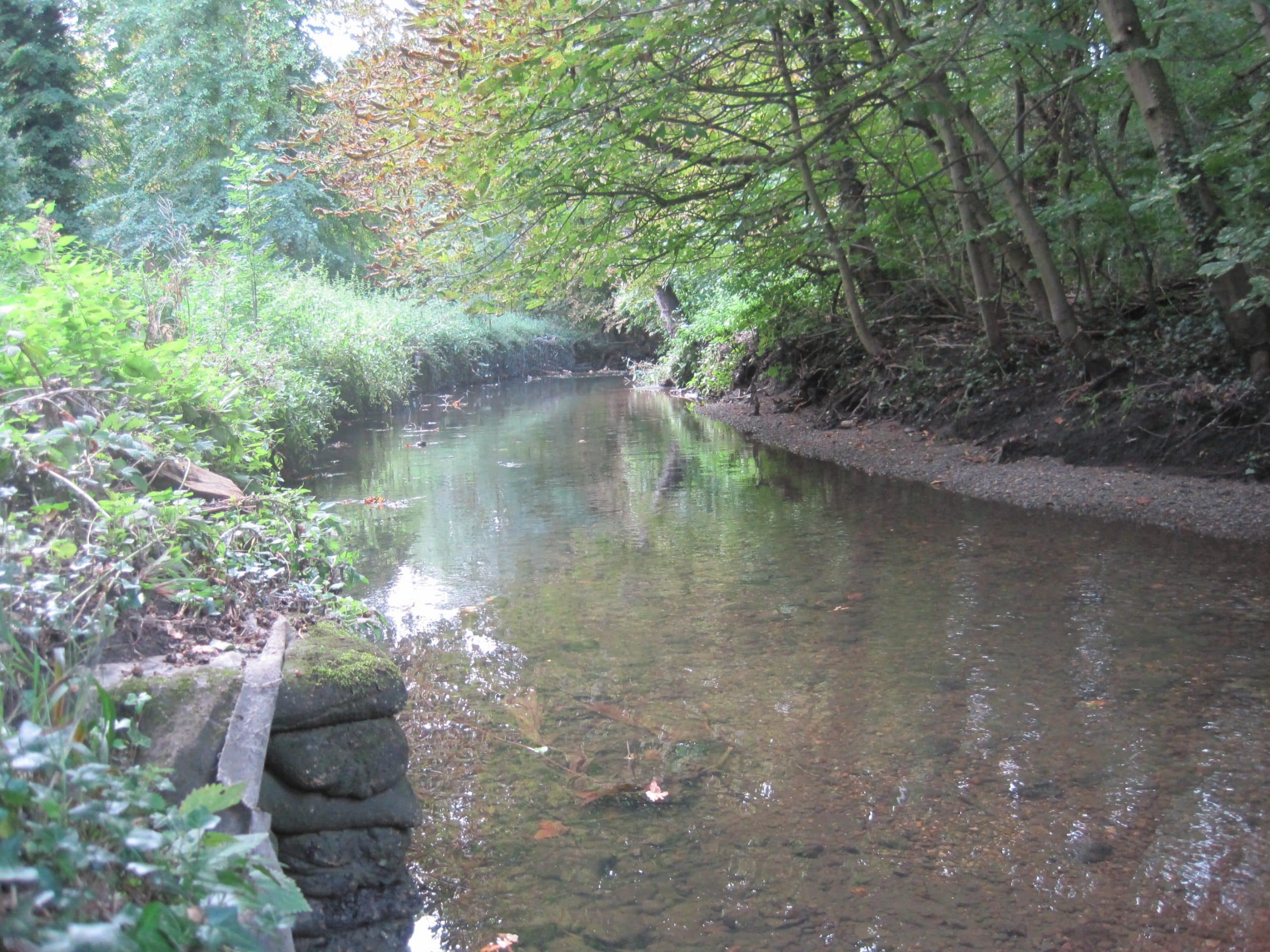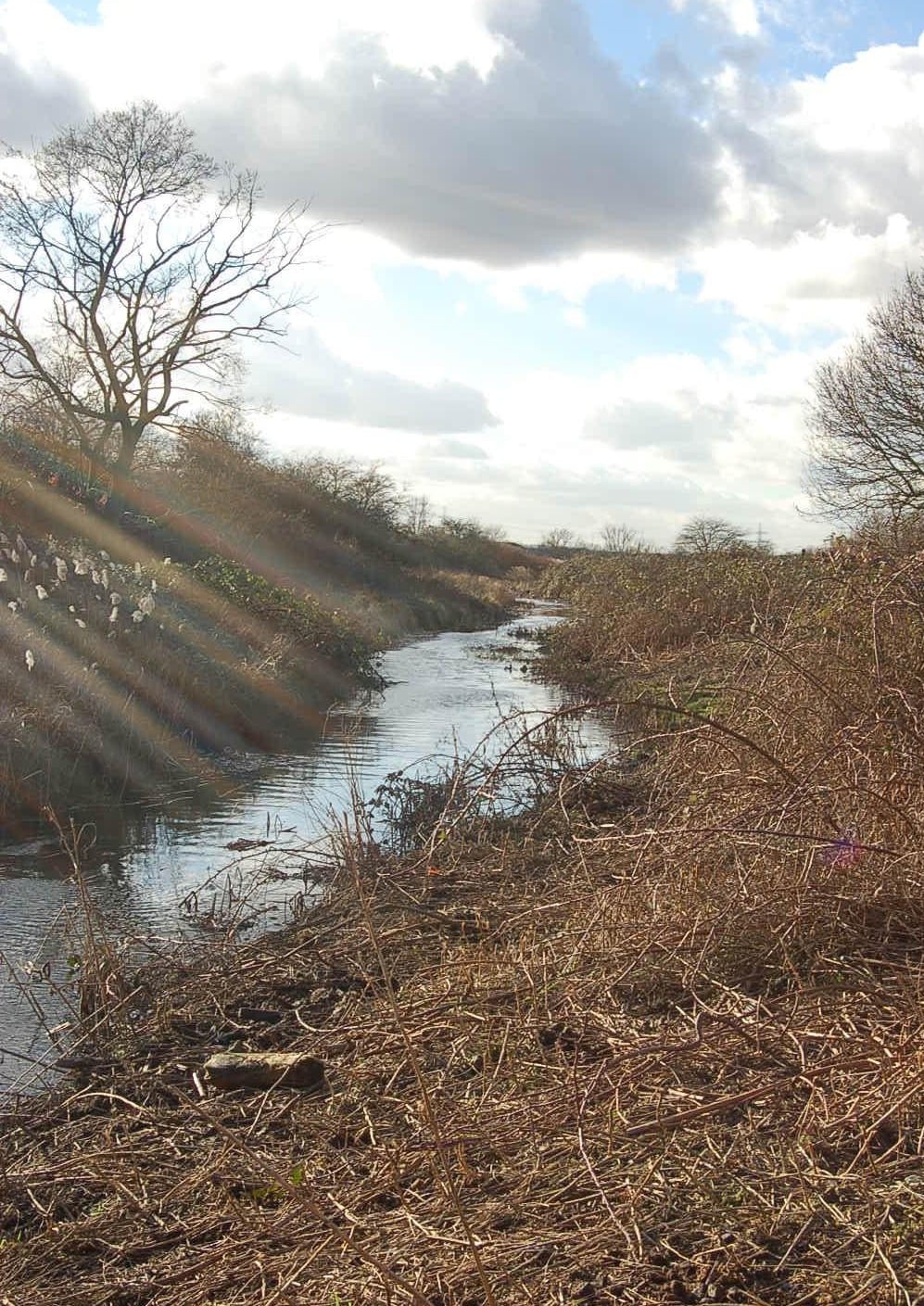Leanne Tough, MRes Ecology, Evolution and Conservation student at Imperial College London, and Phoebe Shaw Stewart, Junior Conservation Biologist at ZSL

It was over six years ago that ZSL wrote an article in the GiGLer about the launch of the Riverfly Monitoring Initiative (RMI) Hub within London. The project has been busy ever since.
In spring 2014 the first ZSL led training events were offered on the River Crane and the Hogsmill. Since then the scheme has expanded to include groups of citizen scientists on 16 rivers within Greater London. ZSL act as the regional hub but the project involves working closely with many partner organisations and groups, including Citizen Crane, Thames21, South East Rivers Trust, London Wildlife Trust and Land of the Fanns.
There have been many success stories. For example, RMI citizen scientists working on the River Crane identified a large pollution incident which led to reduced RMI scores at three sites. The evidence gathered helped convince Heathrow Airport to invest £20 million in better treating the water that leaves their site on its way to the Crane.
Although the last year has been difficult for continuous data collection, it doesn’t appear to have dampened enthusiasm for this project with surveyors finding ways to safely visit sites when possible, and requests for 2021 training events already rolling in!
Citizen scientists are trained in the RMI sampling method, based on long-established principles of water quality testing. Key invertebrate species are used as ecological indicators of river health. The system is a simplified version of the technique used by the Environment Agency (EA), and scores river invertebrate families based on their sensitivity to pollution. Sites are allocated trigger levels, in agreement with the EA, which is the minimum acceptable score for the site. If the monthly sample score is below the trigger level, this could be evidence of a pollution incident that might otherwise go undetected. This is reported to the EA.
2020 saw the launch of the Urban RMI scheme which builds upon the original methodology by adding another eight groups to be identified. This means that heavily degraded urban rivers can be surveyed across 16 invertebrate groups which allows for a higher trigger level and more detail at sites that routinely score very low numbers under the regular RMI scheme.
The data collected also provide important long-term trends on how rivers are, or aren’t, improving and can be analysed against EA data as was done by Leanne for her masters’ project. This is important to assess the effectiveness of management practises of our blue spaces. When the RMI and EA data were compared, the two appeared to be collecting data of similar species composition and abundance; their trends over time were similar. Assuming the RMI trends are correct because of their more frequent sampling, this trend similarity may suggest that the EA’s conclusions on macroinvertebrate trends over time are valid and that they are highlighting valuable community change. The EA’s ability to effectively monitor watercourse health despite their infrequent sampling is often reported. It was concluded that the RMI is offering a valuable resource to bolster EA monitoring and that the two should go hand in hand when monitoring watercourse health.



If there can be one positive we can draw from the restrictions placed on society as a result of the coronavirus pandemic, it could be an increased appreciation of nature and its power to promote and maintain good mental health. As it looks as though restrictions to our day-to-day lives may continue for some time, it seems perhaps more important than ever to fight to protect these blue spaces, both for ourselves and for the tiny creatures that help us understand how healthy their watery home really is.
You can hear Joe Pecorelli talk about Riverfly Monitoring in Greater London as part of an online series of events provided by the London Natural History Society – sign up via Eventbrite.
If you would like to hear about citizen science opportunities on London’s rivers in 2021 then please sign up to our newsletter.
